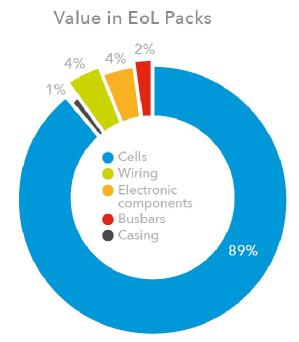Press Releases
Practice guide by GSD researcher demonstrates how the University of Warwick is innovating in sustainability within education
A practice guide by Dr Alastair Smith demonstrates how the University of Warwick is innovating in sustainability within education through projects which enable students to enjoy practical engagement with real-world climate change issues, while developing their own knowledge and understanding in the process.
UK aims to be the first Country in the world to circulate steel and aluminium fully, supported by the CircularMetal programme
The metal industry in the UK employs 230,000 people, and directly contributes to £10.7bn to the UK GDP. A truly interdisciplinary academic team will research how to make a sustainable circular economy for high-volume metals, with WMG at the University of Warwick focussed on steel.
WMG part of new eLV car battery project
WMG, University of Warwick is part of a new project to create a new circular end-of-life supply chain for the electric vehicle industry. The project, led by EMR has won grant support from the UK Government’s Advanced Propulsion Centre.
Report fears UK could lose out to the rest of Europe in crucial automotive battery recycling market
 |
The UK is at significant risk of falling behind in the electric revolution and losing out to the rest of Europe on a crucial automotive lithium ion battery recycling market according to a new research report published this week by WMG at the University of Warwick and backed by the Advanced Propulsion Centre UK, the High Value Manufacturing Catapult and Faraday Battery Challenge at Innovate UK. The report entitled Automotive Lithium ion Battery Recycling in the UK by WMG, at the University of Warwick calls for the UK to move quickly to establish commercial scale recycling for automotive lithium ion batteries |
Researchers convert used car batteries into units that could power farms in the developing world
Researchers at WMG, University of Warwick, have found a way not just to recycle used electric vehicle batteries, but repurpose them as small energy storage systems (ESS) for off grid locations in developing countries or isolated communities. The repurposed units, each containing approximately 2kWh of energy capacity, will be able to power a small shop, a farm holding, or multiple residential homes.
